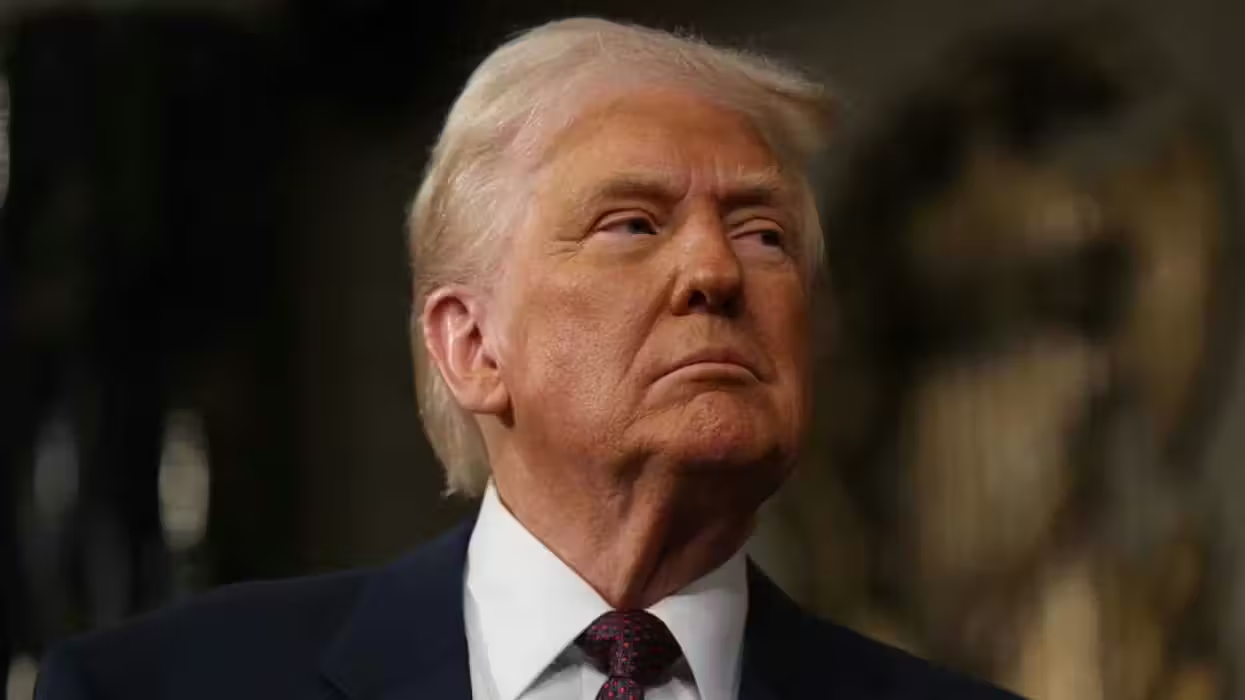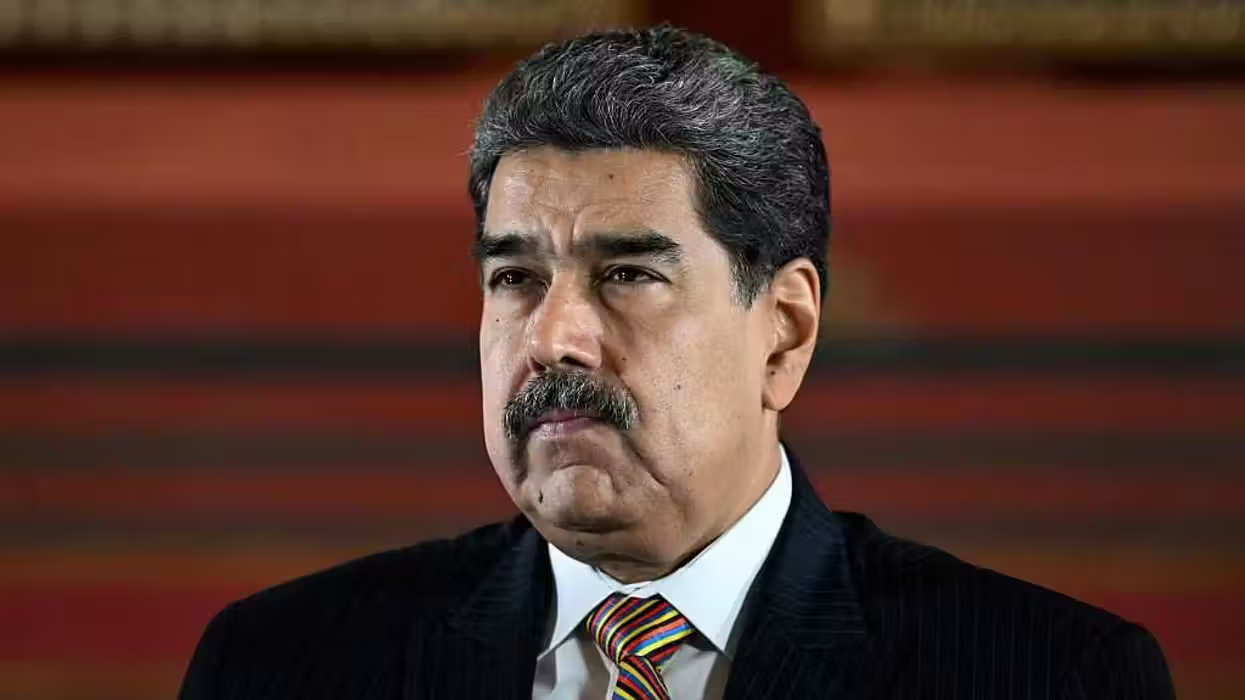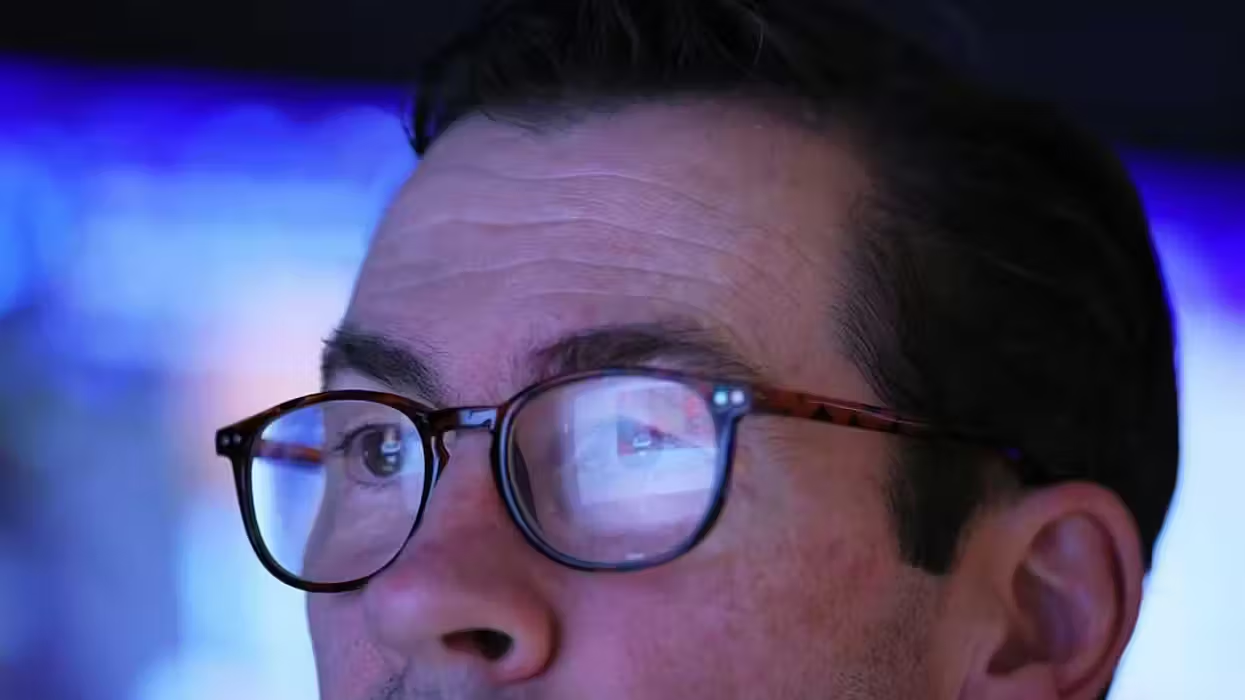
© 2026 Blaze Media LLC. All rights reserved.
Rubio's three-step plan for immigration includes a conditional path to citizenship
April 20, 2015
Sen. Marco Rubio (R-Fla.) on Sunday offered a three-step plan for immigration that he would try to implement if he wins the White House in 2016 — one that would give illegal immigrants a path to citizenship as long as real border security reforms happen first.
Rubio was one of the key Republican supporters of the Senate's doomed immigration reform bill, which many conservatives blasted in the last Congress as one that would reward illegal immigrants without guaranteeing any increase in border security. Rubio has said the main lesson he's learned from that effort is that the American people don't want one major reform bill, which means Congress will have to deal with it in pieces to help build trust.
"We can't do it in a massive piece of legislation," he told CBS News. "And I know, because I've tried."
Rubio said his first step would be an effort to boost border security, and ensure steps are taken to stop U.S. companies from hiring illegal immigrants.
"I would ask Congress to pass a very specific bill that puts in place e-verify, an entry-exit tracking system, to prevent visa overstays, and improve security on the border," he said.
"Once we achieve that, step two would be we would modernize our legal immigration system," he said. "Less family-based, more merit-based."
Republicans have noted that even as the immigration debate rages on, the United States continues to allow more than 1 million legal immigrants into the country each year. A recent study showed that at this pace, the U.S. is due to add the populations of seven major U.S. cities combined — including Los Angeles, Chicago and Dallas — combined over the next decade.
Rubio said the third step would a process for allowing the 10 to 12 million illegal immigrants stay, but only under strict conditions.
"They have to pass a background check, they have to learn English, they have to pay taxes, they have to pay a fine, and they would get a work permit," he said. "And after a substantial period of time in that status, assuming they haven't violated any of the conditions of that status, they would be allowed to apply for legal residency, just like anybody else would. Not a special process."
"And after you're a legal resident after a number of years, by law, you're allowed to apply for citizenship. It's a long process, it's a reasonable process, it's a fair process," he said. "But it has to happen in that order."
Rubio has spooked some conservatives over the last few days by saying it doesn't make sense at this point to immediately terminate President Barack Obama's 2012 action to defer the deportation of hundreds of thousands of younger illegal immigrants. Rubio said Obama's program shouldn't end immediately, but does need to be phased out as more permanent solutions to the immigration fight are found.
When asked if he'd sign his own bill into law from the last Congress, Rubio said that's a "hypothetical" question and is something that won't happen at this point.
Want to leave a tip?
We answer to you. Help keep our content free of advertisers and big tech censorship by leaving a tip today.
Want to join the conversation?
Already a subscriber?
more stories
Sign up for the Blaze newsletter
By signing up, you agree to our Privacy Policy and Terms of Use, and agree to receive content that may sometimes include advertisements. You may opt out at any time.
Related Content
© 2026 Blaze Media LLC. All rights reserved.
Get the stories that matter most delivered directly to your inbox.
By signing up, you agree to our Privacy Policy and Terms of Use, and agree to receive content that may sometimes include advertisements. You may opt out at any time.






